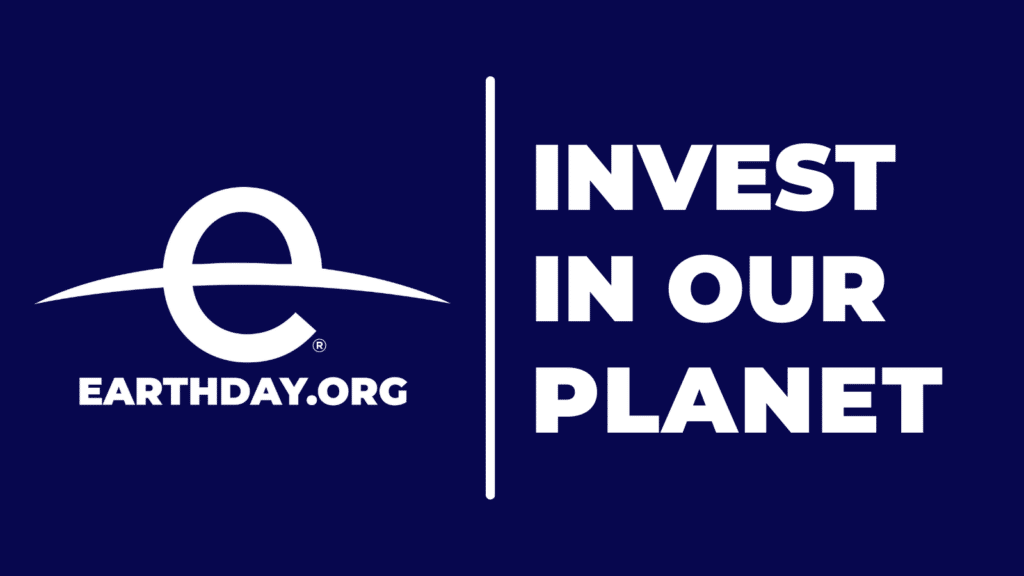The first Earth Day was held on April 22, 1970 as an effort between two lawmakers, Senator Gaylord Nelson (D-WI) and Representative Pete McCloskey (R-CA), activist Denis Hayes, and a team dedicated to raising awareness about environmental issues. The increased interest in environmental protection and conservation led to several milestones that occurred in 1970: the U.S. Environmental Protection Agency was founded, and several environmental laws were passed as well, like the National Environmental Education Act and the Clean Air Act. Now, Earth Day is celebrated all over the globe, and this year’s theme is “Invest In Our Planet.”
The 2022 commemoration of Earth Day focuses on advocating for investing in a renewable economy and making climate-friendly investments, according to the earthday.org website. The site contains 52 actions that individuals can take to make more climate-friendly choices and advocate for environmental causes.
Climate and Environmental Whistleblowers
Whistleblowers are essential to uncovering illicit activity and fighting wildlife crime. Sara Walker, Senior Advisor on Wildlife Trafficking at the Association of Zoos and Aquariums, highlighted how whistleblowers can combat wildlife crime in an article for WNN. She notes that wildlife trafficking is “driving some of the world’s most beloved animals to the brink of extinction” and highlighted whistleblowers’ role in fighting wildlife trafficking. “Whistleblowers are an important and effective tool in fighting wildlife crime and should be used around the world to help law enforcement disrupt the criminal networks that illegally trade wildlife,” Walker writes.
In her piece, she outlines ways organizations and government leaders can act to protect wildlife whistleblowers and tackle wildlife trafficking. “Combating wildlife trafficking is an increasingly complex issue; disrupting it will require a multi-sector and multi-solution approach. Whistleblower incentives and protections should be incorporated into national and international policies to supplement current enforcement strategies,” Walker states.
Recent rule proposals by the U.S. Securities and Exchange (SEC) could lead to an uptick in climate whistleblowers. On March 21, the agency proposed rule changes that would require publicly traded companies to make certain climate-related disclosures, including information about climate-related risks. If the proposed rule changes are adopted, they would make the failure to disclose climate risks a securities law violation. This means that individuals with knowledge of undisclosed climate risks could qualify for awards and protection under the SEC Whistleblower Program.
Prior to the SEC’s proposals a number of advocacy groups, including the National Whistleblower Center (NWC), submitted comments urging the SEC to update its climate risk disclosure requirements and to center the agency’s whistleblower program in its enforcement efforts. In their letter, NWC explains that whistleblowers are key in exposing inconsistencies in companies’ public disclosures about climate risks. However, according to NWC, whistleblowers are hesitant to come forward due to the lack of “strong and effective substantive rules prohibiting misleading corporate statements concerning climate and environmental commitments.” Without strong rules clearly outlining violations, NWC argues, whistleblowers cannot be expected to risk their careers to expose potential violations.
Continuing the Discussion
A question and answer session on Twitter held on November 10, 2021, held by the National Whistleblower Center (NWC) and International Fund for Animal Welfare (IFAW), aimed to tackle questions about whistleblowers’ roles in fighting wildlife and climate crime. The session provided insight into spotting illicit wildlife crime online: IFAW states that trafficking “is hard to spot online,” but advises that a seller “being evasive about source, exact species type or documentation” should raise red flags.
“If you see signs of trafficking, contact local wildlife authorities and use the ‘report’ feature on the platform you’re using,” one of IFAW’s tweets reads. Individuals who find evidence of wildlife crime online can also make a confidential report with NWC here.
More recently, in an online discussion held on March 24, 2022, a group of environmental crime experts met to discuss how whistleblowers fit into the fight against these illegal behaviors. Leading whistleblower attorney Stephen M. Kohn of Kohn, Kohn and Colapinto (KKC) talked about how wildlife whistleblowing laws “need to be implemented, enforced, and carried on worldwide, and they need to target some of the worst forms of corruption that deal with the environment, with wildlife, with fisheries, with timber, and with crimes that are really destructive and very hard to [remedy].”
Legislation for Wildlife Whistleblowers
Near the end of 2021, Representatives John Garamendi (D-CA) and Don Young (R-AK) “reintroduced the Wildlife Conservation and Anti-Trafficking Act (WCATA). The bill was previously introduced in 2019 and is widely supported by both whistleblower and wildlife advocacy groups,” previous WNN reporting states. The bill “includes requirements for federal agencies to implement whistleblower award programs. These programs would help recruit whistleblowers and monetarily award individuals who blow the whistle on violations of wildlife trafficking laws. Comparable whistleblower programs have revolutionized the detection and prosecution of government contract fraud, tax fraud, and securities fraud.”
WCATA would also redesignate “wildlife trafficking as an offense under federal racketeering and organized crime statutes. The bill also expands conservation funding, as monies recovered by successful prosecutions under wildlife laws would be put directly into conservation efforts.”
In a September 2020 interview with WNN, Rep. Young called wildlife whistleblowers “our eyes and ears on the ground” and “invaluable partners in the fight against illegal hunting and fishing.”
Celebrating Earth Day 2022
In honor of this year’s Earth Day, the National Whistleblower Center (NWC) is hosting a free online discussion featuring a panel of climate advocates and experts. The event will celebrate climate whistleblowers, and the panelists “will discuss how fearless climate whistleblowers have, and can, change the world by standing up against climate crimes and risks.”
Visit the earthday.org website here.
Read more about environmental and climate whistleblowers on WNN.
